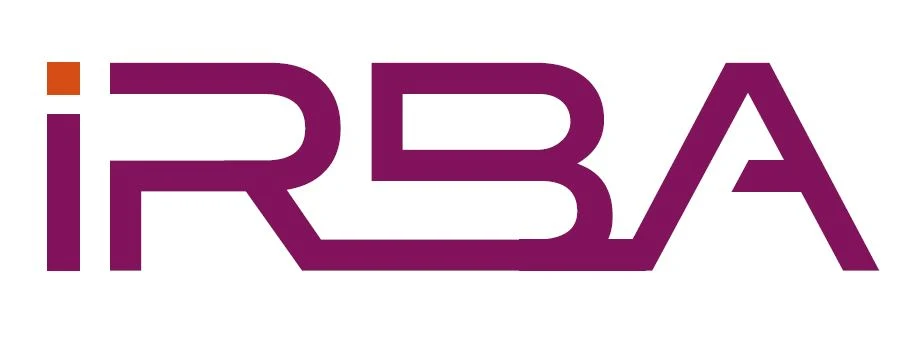Revised Guidance Note 7A (1 September 2025)
On the 1st day of September 2025, the Financial Intelligence Centre (FIC) in collaboration with the National Treasury, South African Reserve Bank and the Financial Sector Conduct Authority (FSCA) issued the latest amendments which requires some changes to internal processes by motor vehicle dealerships (MVDs).
Risk-based approach
The FIC Act incorporates a risk-based approach to compliance elements such as customer due diligence (CCD) into the regulatory framework. A risk-based approach requires accountable institutions to understand their exposure to money laundering and terrorist financing risks. By understanding and managing their money laundering and terrorist financing risks, accountable institutions not only protect and maintain the integrity of their businesses but also contribute to the integrity of the South African financial system. The FIC Act now requires accountable institutions to apply a risk-based approach when carrying out customer due diligence measures.
Risk assessment and understanding of risk
Assessing money laundering (ML) and terrorist financing (TF) risk requires car dealerships to identify the ML/TF risks they may face in the context of their businesses and to analyze these with a view to understand how the identified ML/TF risks affect them.
The mechanisms used by motor car dealerships to assess ML/TF risk must be proportionate to the size of the institution. The processes within the motor car dealership to identify and assess ML/TF risk must take into account a wide range of factors which may be indicative of greater or lesser threats and vulnerabilities to money laundering and terrorist financing in a given scenario. Motor car dealerships must have access to and may use various databases to assess the ML/TF risks relating to their clients.
Risk mitigation
Risk management in the context of ML/TF refers to the activities and methods used by the motor car dealership to control and minimize the ML/TF risks it has identified. A motor car dealership must therefore apply its knowledge and understanding of its ML/TF risks in the development of control measures to mitigate the risks identified. Whether a particular risk is adequately addressed will be determined by whether the level of a residual risk is acceptable and within the risk appetite of the motor car dealership.
Motor car dealerships must establish and implement systems and control in response to the assessed risks. This will lead to some changes to internal processes since framework forms part of the latest amendments.
Where there are higher ML/TF risks, enhanced measures must be taken to mitigate those risks. This means that the range, degree, frequency or intensity of preventive measures and control will be stronger in higher risk scenarios. Motor car dealership’s systems and controls should provide for more information to be obtained about clients, more secure conformation of clients’ information to be applied and closer scrutiny to be conducted to their clients’ transaction activities where they assess the risk of abuse to be higher.
Customer due diligence (CDD)
Customer due diligence (CDD) refers to the knowledge that a motor car dealership has about its client and its understanding of the business that the client conducts with it. Previously motor car dealerships were required to establish and verify the identity of a client in accordance with the MLTFC Regulations. The principle of client identification and verification is now expanded significantly with the introduction of the obligation to conduct CDD. As a result, the regulations and exemptions relating to client identification and verification have been amended significantly to align with the amendments to the FIC Act.
This, combined with the obligation to apply a risk-based approach, gives motor car dealerships greater discretion to determine the appropriate compliance steps to be taken in given instances. This means that motor car dealerships now have the flexibility to choose the type of information by means of which it will establish clients’ identities and also the means of verification of clients’ identities, instead of following the rigid steps provided for in the MLTFC Regulations.
Record keeping
Record keeping is an essential component of a successful system to combat money laundering and terrorist financing. Record keeping is the other side of coin to CDD measures and together these two elements bring greater transparency to the financial system.
Meeting the record keeping requirements will ensure that adequate information is captured in a motor vehicle dealership’s record to enable the reconstruction of a trail of transactions with a view to assist investigators in determining flows of funds when performing their investigative functions. There are many examples of mechanisms which may be used for the storage of records which allow motor vehicle dealerships to reduce the volume and density of records.
Risk management and compliance programme (RCMP)
Motor car dealerships must develop, document, maintain and implement a risk management and compliance programme (RCMP) for anti-money laundering (AML), counterterrorist financing (CFT), and counter proliferation financing (CPF). The motor vehicle dealership’s RMCP documentation must record all the elements of the programme as set out in section 42 of the FIC Act.
It is important that motor vehicle dealerships acknowledge in their RMCPs that the board of directors, or its senior management where there’s no board of directors, is ultimately responsible for ensuring that the motor vehicle dealership implements and complies with their RMCPs. Obligations and accountability of the board cannot be delegated.
The RMCP must adequately address the full scope of section 42 of the FIC Act. The board of director, senior management or other person(s) with highest authority should ensure that the RMCP is adequate, suitable and effective for the motor vehicle dealership.
Morningside Consulting provides compliance solutions, including outsourced onboarding compliance solutions which provide risk management and compliance programmes (RMCPs), ongoing staff training, due diligence and identification assessments with consultants who have former regulators and industry leaders to enable reporting to the FIC.
For more information, contact us!
Tel. 011 367 0636


